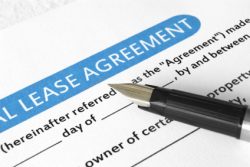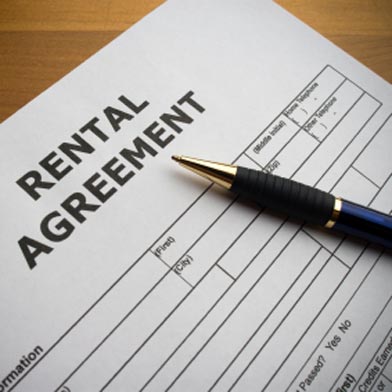 According to a recent Deloitte survey, 91 percent of people agree to terms and conditions without reading the legal agreement. While reading through the legally complex language may be slow and painful, it’s more important than you think. Here are four reasons why reading entire legal agreements make sense:
According to a recent Deloitte survey, 91 percent of people agree to terms and conditions without reading the legal agreement. While reading through the legally complex language may be slow and painful, it’s more important than you think. Here are four reasons why reading entire legal agreements make sense:
- You miss a major technicality. Many agreements have an exit penalty that requires you to pay for a period of time after you terminate an agreement. Others automatically renew your agreement for a year with exit penalties unless you tell them in writing you do not wish to renew prior to a key date. In a recent example of missing a legal technicality, eight teachers claimed the Department of Education (DOE) mishandled a debt forgiveness program that promised to reduce student loans after 10 years of public service. In most of the cases, the teacher’s application was denied because, according to the DOE, they were in the wrong type of loan or payment program.
- You give something away. With extensive agreement documents (PayPal’s user agreement is over 50 pages long!), it’s easy for a company to add language that grants itself rights to something that’s yours. Here are some examples:
- Your identity. Companies like Facebook grant itself rights to use your likeness and personal information for targeted advertising unless you catch the clause and take action.
- Your work. If you create a presentation using some online tools, the agreement might allow the site to use the presentation without your permission.
- Your location. Most navigation software tracks your location even when not using their application. The same is true with most newer vehicles. The only way to catch these tracking rights is to read the clause in the agreement.
- You’re not comfortable with the risks. Data breaches are occurring more often and are hard to prevent. To reduce their exposure to litigation, businesses are continuing to add language to agreements to protect themselves. Your job, as the consumer, is to know these risks when signing up for a new service. The more personal information you provide, the more important it is to understand your legal recourse if the supplier of your service is hacked.
- You miss something good. Reading an agreement to the end may pay off. A woman in Georgia won $10,000 just by reading her travel insurance agreement. The company, Squaremouth, had a Pays to Read program that awarded a cash prize to the first person to read the clause with a cash prize. For most people, it’s more likely you’ll find additional benefits that come with the agreement or laugh at some humor injected by the company. Here is an example from social media company, Tumblr: “You have to be at least 13 years old to use Tumblr. We’re serious: it’s a hard rule, based on U.S. federal and state legislation. “But I’m, like, 12.9 years old!” you plead. Nope, sorry. If you’re younger than 13, don’t use Tumblr. Ask your parents for a Playstation 4, or try books.“


 Renting an apartment or condo, leasing a piece of equipment, renting business property, or leasing a car all involve the common practice of borrowing something that is owned by others. This experience can easily become a nightmare with a bad landlord or if you don’t understand your obligations. In Part 2 of this two-part article, we give you the rest of the tips to becoming a smarter renter.
Renting an apartment or condo, leasing a piece of equipment, renting business property, or leasing a car all involve the common practice of borrowing something that is owned by others. This experience can easily become a nightmare with a bad landlord or if you don’t understand your obligations. In Part 2 of this two-part article, we give you the rest of the tips to becoming a smarter renter. Renting an apartment or condo, leasing a piece of equipment, renting business property, or leasing a car all involve the common practice of borrowing something that is owned by others. This experience can easily become a nightmare with a bad landlord or if you don’t understand your obligations. In Part 1 of this two-part article, we give you the first three tips to becoming a smarter renter.
Renting an apartment or condo, leasing a piece of equipment, renting business property, or leasing a car all involve the common practice of borrowing something that is owned by others. This experience can easily become a nightmare with a bad landlord or if you don’t understand your obligations. In Part 1 of this two-part article, we give you the first three tips to becoming a smarter renter.